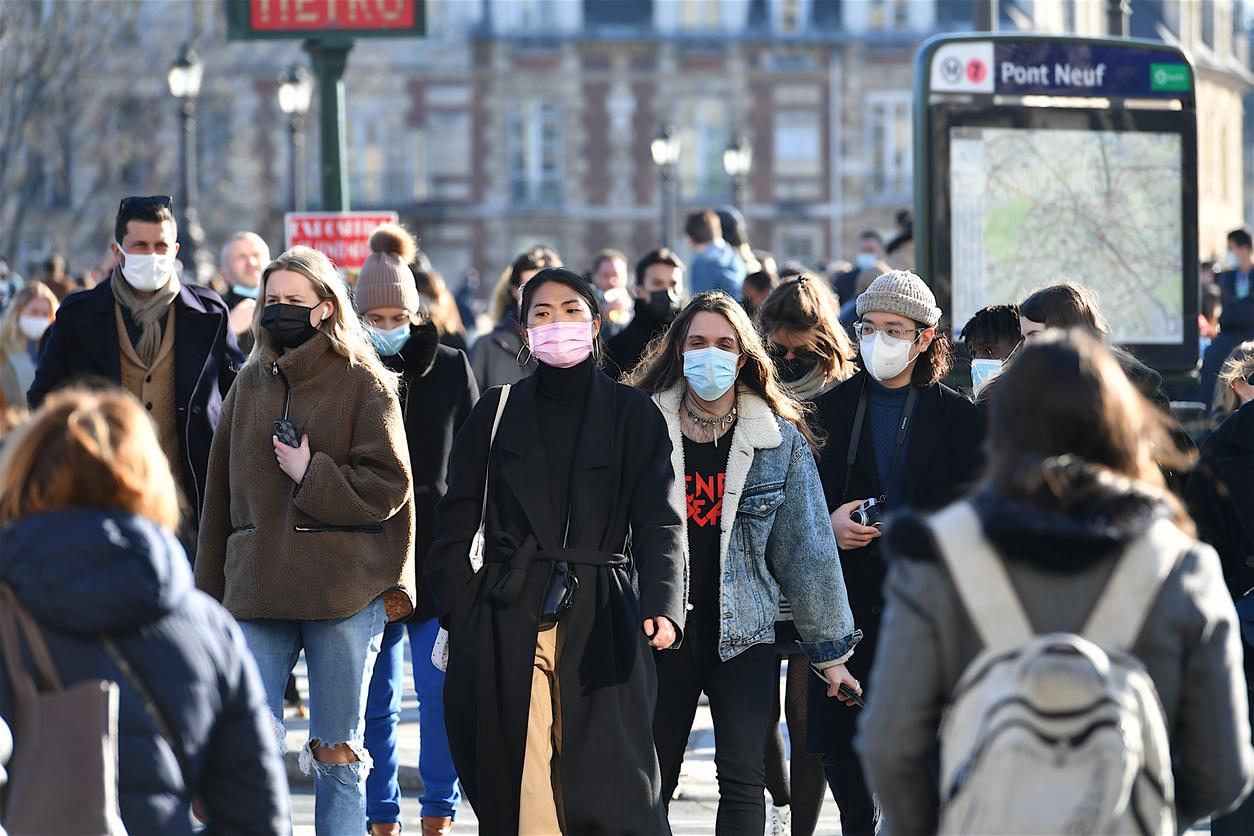The Academy of Medicine has published a statement in which it considers stigmatizing the fact of forcing the elderly and frail to remain confined after May 11.

When he announced the possibility of deconfinement from May 11, Emmanuel Macron specified that “the elderly, severely disabled and people with chronic illnesses” should still stay home.
This ban has been severely criticized by the Academy of Medicine, which considers it stigmatizing: “Iconflation between the elderly, people with disabilities and people affected by chronic diseases, understandable for a statistician, can be very badly experienced by the human persons thus catalogued”she writes in a communicated pleading “for a methodology of déconfinement respectful of the Human. The simplistic temptation consisting in managing this episode by age groups and imposing on the elderly, in the name of their own protection, to remain confined, is not satisfactory..”
“Patient Consent”
Even though the primary intent of the executive is to protect these people, “it tends to make them second-class citizens”, says the Academy. Confining the elderly and frail could “induce suffering and despair whose impact is poorly measured, beyond its physiopathological consequences.”
Doctors therefore suggest that these people are recommended to stay at home, but that they are not forced to do so. “Such a choice belongs to everyone; it is necessary to respect what it is agreed to call the consent of the patient.”
Three principles
The Academy of Medicine proposes to respect the following three principles:
1. Encourage the general population to intergenerational solidarity by continuing to apply everywhere and at all times the rules of hygiene and barrier measures, including the wearing of a mask for the general public, which will help to create for fragile people a favorable or less risky environment;
2. To consider all people with frailties of any kind (age, disability, chronic illnesses) as responsible people who are useful to society, and only offer them recommendations, to the exclusion of any binding regulations and arbitrary;
3. In all cases, respect the patient’s decision, resulting from the singular consultation he has with his doctor.

.















